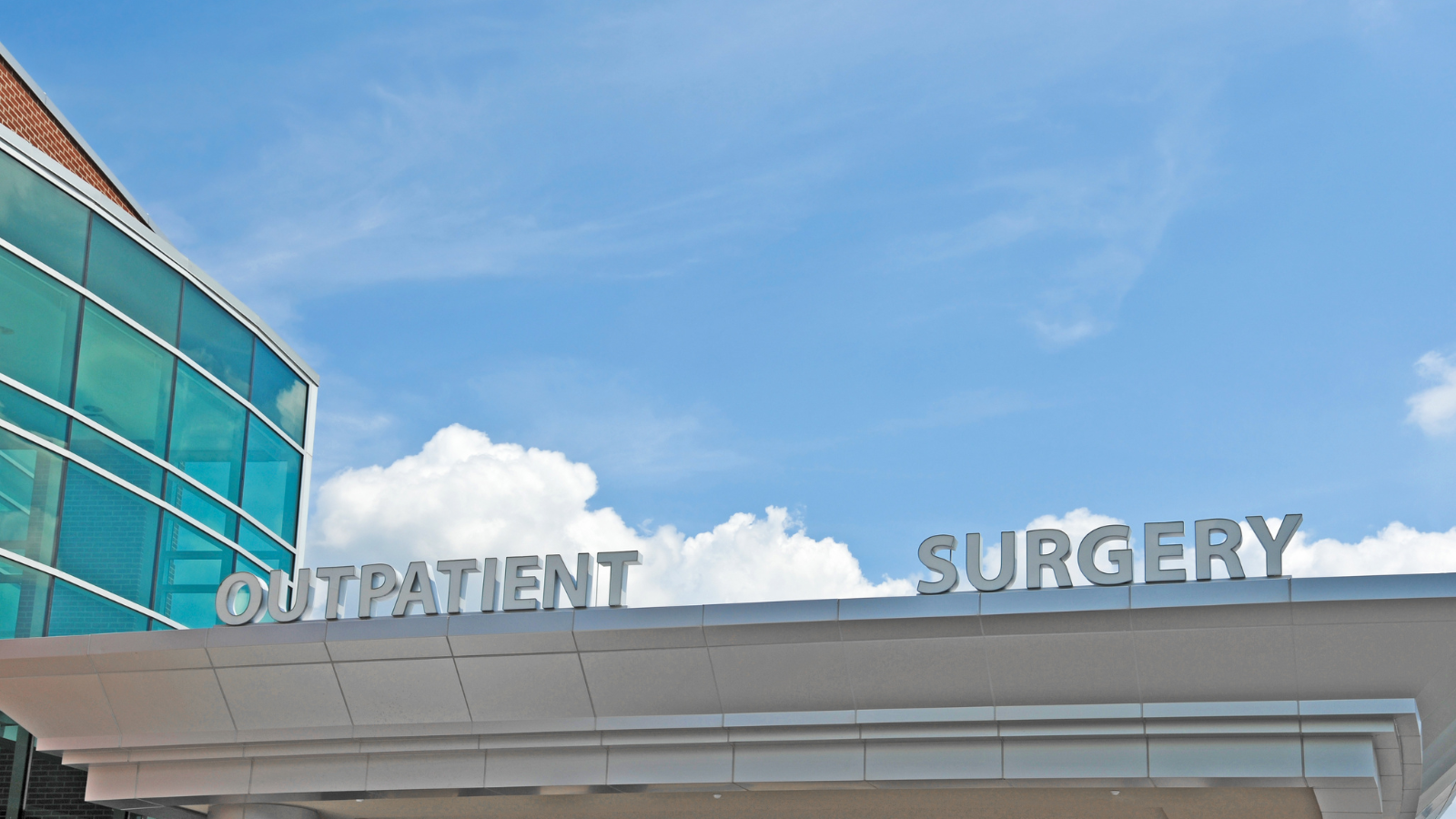
Editor's Note Pairing short, human-led preoperative videos with structured postoperative texting streamlines workflows without sacrificing clinical touch at ambulatory surgery centers (ASCs), said Austin Cheng, CEO of Gramercy Surgery Center in New York City, and Tracy Hoeft-Hoffman, MSN, MBA, RN, CASC, administrator of Heartland Surgery Center in Nebraska, at the…

Volunteering is, at its core, about giving back. Yet many volunteer opportunities also create pathways to elevate one’s career and professional identity. At the American Board of Perianesthesia Nursing Certification, Inc (ABPANC), nurse volunteers grow both personally and professionally, gaining new knowledge, forming connections, and finding renewed purpose and emotional…

Editor's Note A new study shows hospitals can meaningfully reduce unnecessary preoperative testing for healthy patients undergoing low-risk surgeries without compromising safety or workflow, JAMA Network October 6 reports. The “Right-Sizing Testing Before Elective Surgery” (RITE-Size) strategy successfully lowered testing rates from 68.0% to 40.3% across three Michigan hospitals, while…

Editor's Note Fewer than one in ten older adults undergoing major elective surgery complete advance care planning (ACP), but a new multisite randomized trial aims to change that. According to a September 23 article published by BMJ Open, the study design for the I CAN DO Surgical ACP trial has…

Editor's Note Hospitals adopting perioperative patient ambassadors are seeing major gains in surgical communication, patient trust, and satisfaction, AORN August 18 reports. An EIN Presswire release on September 30 also highlights AORN’s call for hospitals to formalize the patient ambassador role as part of the surgical team. AORN notes that…

Editor's Note Early blood pressure augmentation did not improve neurologic outcomes and was linked to more complications, according to a JAMA Network study published on September 18. In this multicenter randomized clinical trial at 13 US trauma centers, 92 adults with acute cervical or thoracic spinal cord injury were assigned…

With the explosion of GLP-1–based therapies for type 2 diabetes and weight loss, perioperative nursing teams, especially in the preoperative and postanesthesia care areas, need to be fluent in recognizing these medications. Some patients may arrive on these agents—or even novel oral GLP-1s—and the physiologic effects, especially delayed gastric emptying,…

Editor's Note The Perioperative Nutrition Screen (PONS) identifies patients at greater risk of complications following pancreatic cancer surgery, according to a retrospective analysis published August 27 by Research Square. The study found that patients flagged for nutrition risk by PONS experienced longer hospital stays, higher complication rates, and were more…

The migration of surgical cases from inpatient settings to ambulatory surgery centers (ASCs) continues to reshape perioperative leadership in 2025. Nationally, the trend is driven by payer incentives, patient preference, and cost pressures, with ASCs now performing more orthopedic, spine, and complex outpatient procedures than ever before. In fact, the…
Editor's Note A recent article in AORN Journal underscores the need for vigilance and thorough documentation to manage postoperative mental status changes and prevent harm to both patients and staff. As detailed in the article, cognitive disturbances such as delirium and agitation can complicate recovery after surgery. Delirium is characterized…